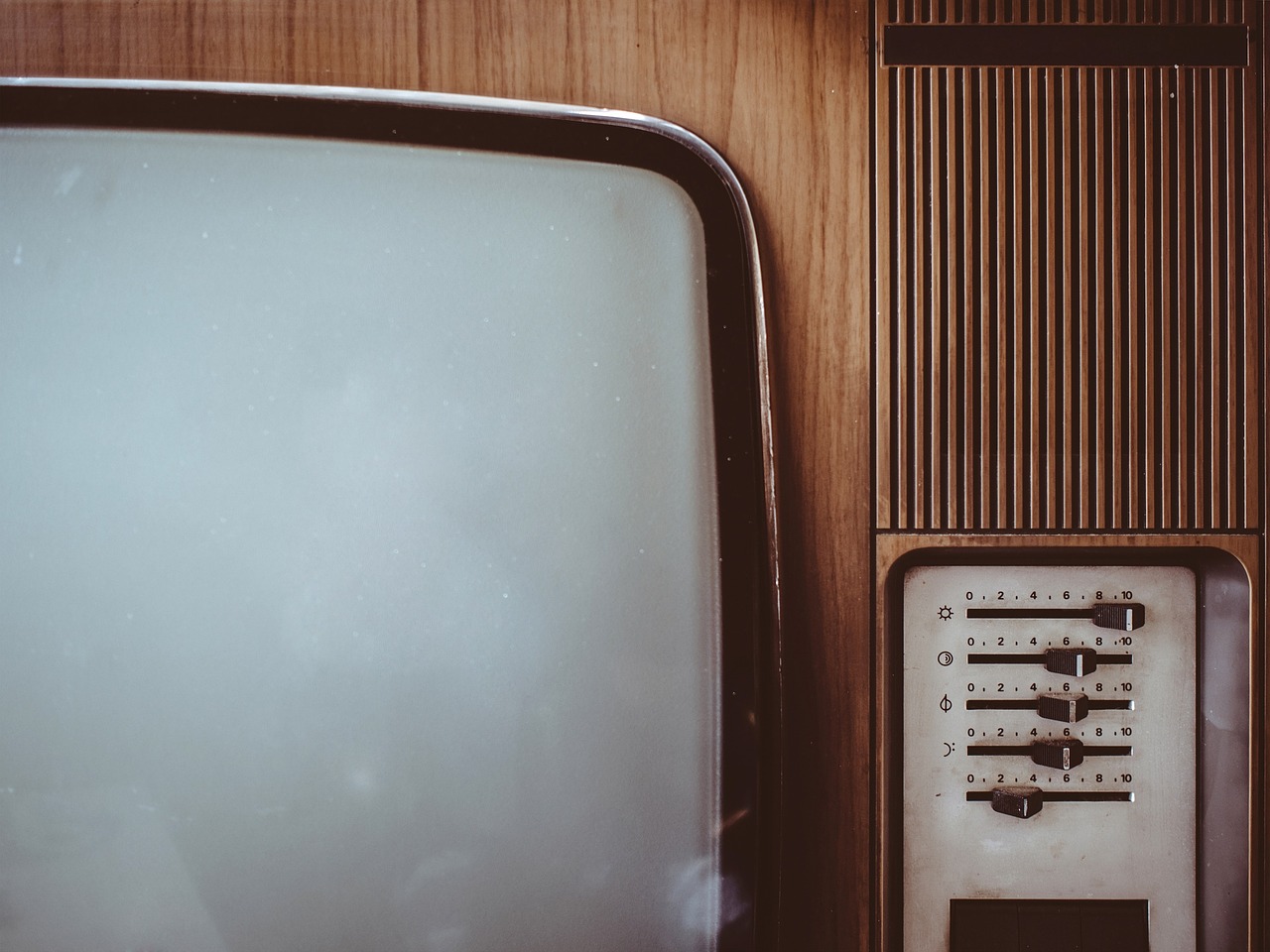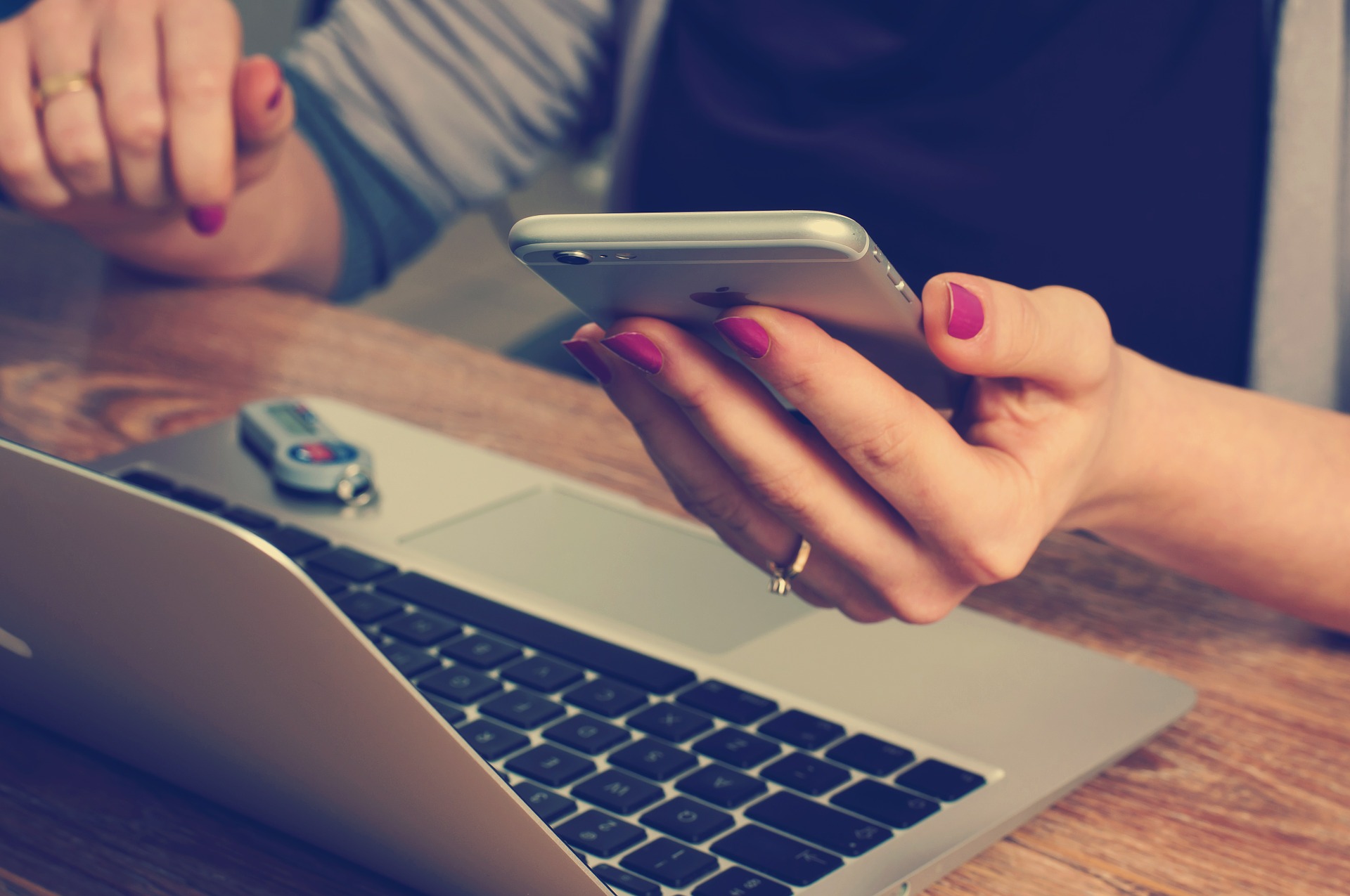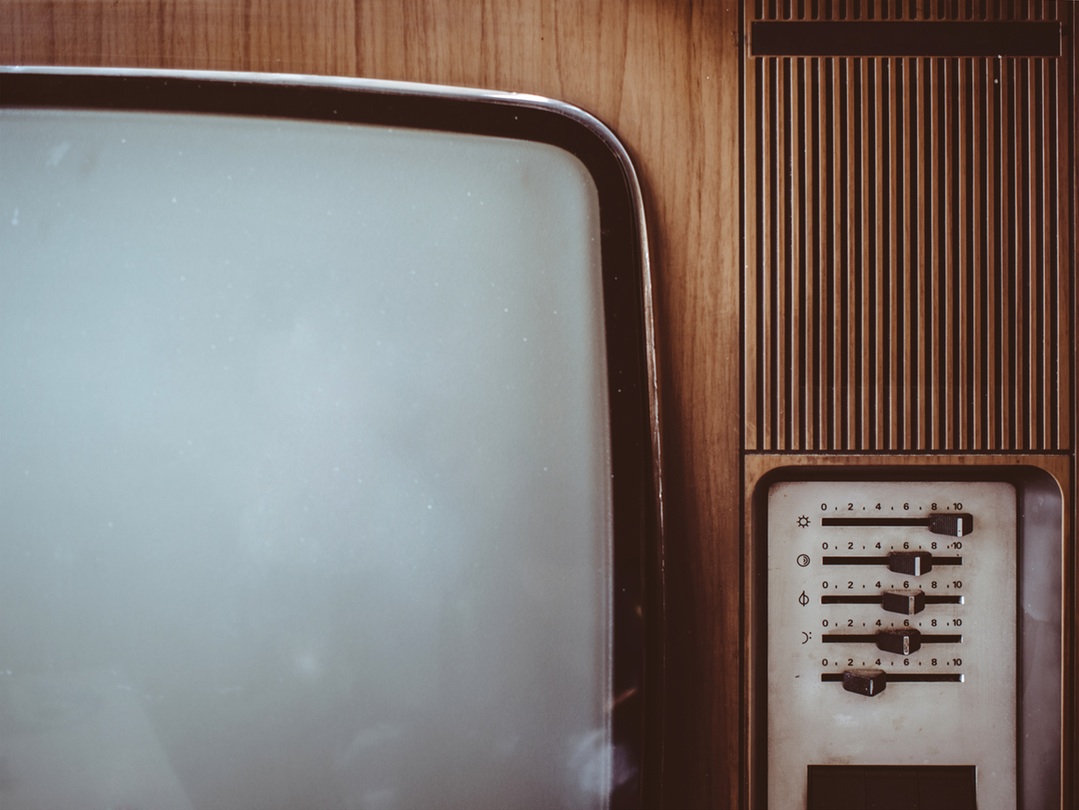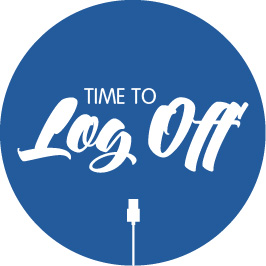
25 Feb Digital detox and the multitasking myth
Are our brains flexible and plastic enough for multitasking? Or are they designed to focus on one thing at a time? We’ve become used to the idea that multitasking is a great way of getting things done faster, but is it actually doing more harm than good? Will a digital detox help us become more productive at work?
Our brains aren’t wired to multitask
The digital world was created to aid our efficiency and productivity, but our brains simply haven’t evolved fast enough to juggle multiple digital tasks. Whether that’s tweeting, texting, writing a Facebook status or checking emails simultaneously, multitasking is actually causing our brains to slow down.
Earl Miller, a neuroscientist at MIT and an expert on divided attention;
“Our brains are not wired to multitask well… When people think they’re multitasking, they’re actually just switching from one task to another very rapidly. And every time they do, there’s a cognitive cost in doing so.”
This rapid task switching results in temporarily lowered IQs, as well as mental exhaustion, because the stress hormone cortisol is released each time our brain shifts attention with each task we carry out.
Added to this, when the pleasure hormone dopamine is released each time we connect with our digital devices, multitasking seems attractive to the brain but attempting it leaves us with diminished cognitive ability.

Multitasking is damaging our brains
Research undertaken by the University of London revealed that those who multitasked during tasks which required either focused attention, remembering, problem solving or learning saw a dip in their IQs equivalent to someone who had just smoked marijuana, or who hadn’t slept all night.
IQs dropped significantly for the men who multitasked in the research – by a staggering 15 points – leaving their IQ equivalent to that of an 8-year old.
The University of Sussex also carried out a study comparing the amount of time people spent multitasking on digital devices such as texting while watching television, with the MRI scans of their brains. They found that those who continuously multitasked had less grey matter density in the anterior cingulate cortex in comparison to those who used one device at a time.
The University of Sussex research showed that the structures of our brains are actually changing simply by using more than one device at the same time. However, Dr Kep Kee Loh and Dr Ryota Kanai, the neuroscientists who conducted the study, caution it might just be a correlation and not a cause and effect being observed. They believe a long term study needs to be carried out to fully comprehend whether the constant use of different digital devices is changing brain structure, or if people with less grey matter density are more prone to multitask than those with more brain density.
Multitasking makes us less productive and more stressed
When we multitask we may feel as though we’re getting a lot done, however research has suggested our productivity levels actually decrease. Switching between different tasks leaves us less productive and with increased mental fatigue, simply because our brains are designed to focus on one thing at a time. A report by McKinsey found that it took participants 30 percent longer to complete tasks in parallel while making twice as many errors when compared to those who did the same tasks but in sequence. They concluded that the reason for the significant difference is because our brains simply cannot tell us to perform two actions that occur at the same time.
Creativity also declines when there has been a significant period of multitasking. Many of us assume that the more and varied information we absorb the higher levels of creativity we might experience. According to research that couldn’t be further from the truth.

Harvard Business School studied the work patterns of over 9,000 people working on projects that required creativity. They found that those who concentrated on one activity throughout the day were much more likely to be creative than those who hadn’t. Not only was there a decline in creativity, higher levels of stress were also found in those who had been asked to multitask.
A survey of managers conducted by Reuters revealed that two-thirds of respondents believed that information overload had lessened job satisfaction and damaged their personal relationships. One-third even thought it had damaged their health.
With stress levels increasing, multitasking becoming something many feel compelled to attempt and the easy access of in digital devices giving us the option to do many different things at once, switching off and disconnecting from all devices with a digital detox may be the best option to give your brain a rest.
Multi-screening is tempting us to multitask
A study conducted by the advertising technology provider YuMo observed 200 participants engaging with their multiple digital devices for 20 minutes. Their findings showed that those under 35 multitasked 33% more often than those over 35.
Research has found that millennials consume more digital media whilst watching television than any other age group. 92% of millennials had used a smartphone or tablet whilst watching TV and 47% of those had used another digital device to access content based material. Within few minutes of watching TV, attentions were redirected to another digital device.
Director of research at YuMo Paul Neto;
“When millennials had a tablet and a TV in use, about 75% of their attention was on the TV. If they were using a tablet and a smartphone, we found that attention was evenly divided between the two.”
Yet further research suggests that Brits in their late 30’s and early 40’s are much more likely to watch TV whilst being online in comparison to millennials, particularly those between the ages of 18 and 24.
Kantar, a company leading research, data and insight consultancy and their research company TNS discovered that Brits are using up to five devices simultaneously.
They investigated over 55,000 internet users worldwide and found 48% watch TV whilst doing other digital activities, whether that’s checking social media, responding to emails or shopping.
TNS and Connected Life found in their research that UK respondents own around five digital devices, and with the high rise of TV and video content easily accessible through smart TVs and computer screens, multi-screening and ‘screen stacking’ is higher than ever.
Multi tasking is essentially killing our brain performance. Studies have shown that those who focused on one task a time displayed higher levels of creativity and productivity when compared to those who had many activities on the go – who displayed a marked dip in their IQ.
Countering the urge to multitask
Taking time for a digital detox and temporarily disconnecting from your digital devices will help prevent the urge to multitask while giving single focus on other activities.
One of the most repeated pieces of feedback we have from digital detox retreat guests is how much they saw an improvement in their concentration and attention, as well as their sleep by logging-off from screens. If you are feeling frazzled by jumping from one task to another, a digital detox retreat could be a great way of giving your brain a rest while rejuvenating your mind and body.
Back in the real world, planning regular breaks from all digital devices and the temptation to multitask across them, will actually stimulate your productivity long-term and could even make you more efficient.






Sorry, the comment form is closed at this time.